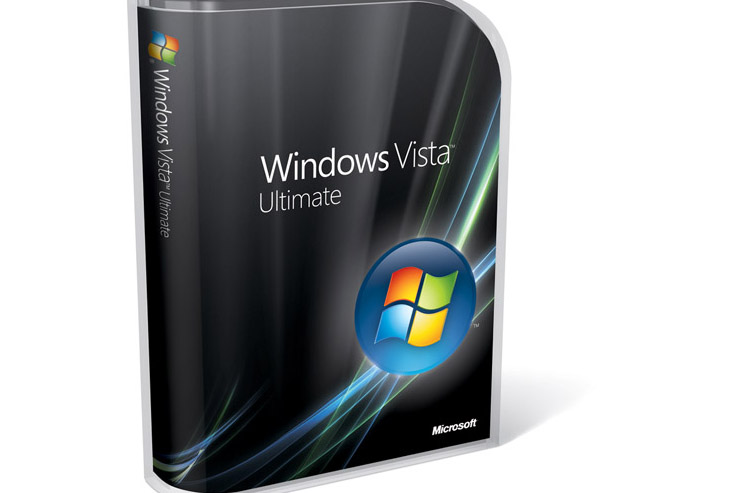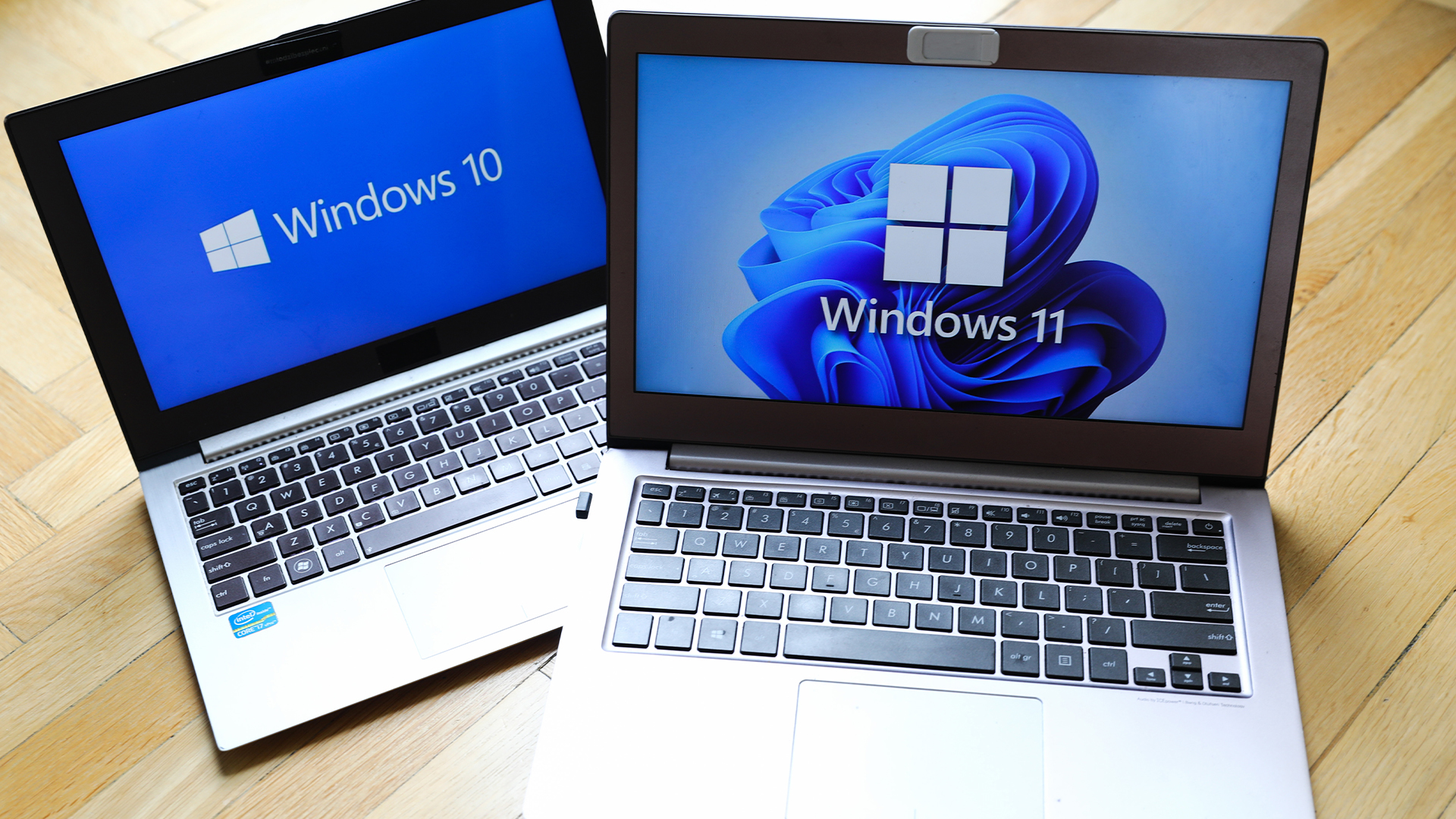The quiet demise of Windows Vista
Microsoft seems to be letting its much-maligned Vista operating system die a quiet death.

Disappointment
That's not to say, of course, that Vista has been a failure, rather a disappointment.
Dig beneath the headlines and there's a fine operating system to be found, albeit one with problems, and its take-up has been substantial. Yet it surely wasn't in the Microsoft business plan to be selling it side by side with Windows XP years after it was launched, and you suspect that there won't be quite the same howls of protests when the firm tries to discontinue it's support for the Vista operating system.
And that, perhaps, is why Vista seems to be quietly preparing to leave the stage, with Microsoft seemingly saying as little as possible about it.
There have, meanwhile, been plenty of discussions with regards Windows 7 as to how Microsoft appears to have listened to customer feedback, how it's taken on board criticisms, and how it's acted on them. But the firm's tactic on Vista appears to be keeping mum, short of ensuring that any buyers of the product right now get an upgrade voucher for Windows 7. That's a regular, and common sense, tactic, of course, and nothing out of the ordinary.
Digging through Microsoft's Windows newsroom at its own PressPass site, the last announcement it made with Vista in the headline was dated back to April 2008. Meanwhile, earlier this year, Microsoft was championing the XP Mode that's been specifically built in to Windows 7. That it makes such a feature of it tells its own story.
Granted, Microsoft is hardly likely to push heavy investment into a product that's on its way out, particularly one that hasn't been anywhere near the success that it would like. Yet it seems content to let Vista off the stage as quietly and quickly as possible, keen to draw a line under a challenging chapter in the company's history.
Sign up today and you will receive a free copy of our Future Focus 2025 report - the leading guidance on AI, cybersecurity and other IT challenges as per 700+ senior executives
There's a very real possibility, after all, that in twelve months' time, it could be Windows 7 and Windows XP that lead it in terms of market penetration, certainly if the pre-orders for Windows 7 which are substantially outperforming Vista's, albeit aided by price promotions are any indication.
Danger
The big danger will remain, though, that Windows XP will be the operating system that still refuses to die, and strategically, that's where Microsoft will have to concentrate its persuasive efforts to convince businesses and individuals to upgrade.
After all, for a company that relies on an upgrade cycle to keep fuelling its business, it's unhelpful news that so many seem intent on holding onto a product, XP, that was released for the first time nearly eight years ago.
Vista, ultimately, has been a roadblock rather than an aid in getting people to relinquish XP. And we suspect that when the moment comes when Microsoft announces the cessation of technical support for Vista, those aforementioned protests will be a great deal quieter than they were every time it tried to get ride of XP.
Microsoft knows that too, and that's why now, the Windows 7 assault is more vital to the company than ever. And it's also, arguably, just as vital to put the whole Vista experience behind it. Just don't tell anyone it's doing it...
-
 I couldn’t escape the iPhone 17 Pro this year – and it’s about time we redefined business phones
I couldn’t escape the iPhone 17 Pro this year – and it’s about time we redefined business phonesOpinion ITPro is back on smartphone reviews, as they grow more and more intertwined with our work-life balance
-
 When everything connects, everything’s at risk
When everything connects, everything’s at riskIndustry Insights Growing IoT complexity demands dynamic, automated security for visibility, compliance, and resilience
-
 Windows 10 extended support costs could top $7 billion
Windows 10 extended support costs could top $7 billionNews Enterprises sticking with Windows 10 after the October deadline face huge costs
-
 Tiny11 review: Windows 11 with only 2GB of RAM
Tiny11 review: Windows 11 with only 2GB of RAMReview A version of Windows 11 for older machines that don't meet the full requirements
-
 Red Hat Enterprise Linux becomes foundational operating system for Cohesity Data Cloud
Red Hat Enterprise Linux becomes foundational operating system for Cohesity Data CloudNews New strategic partnership between Red Hat and Cohesity aims to drive innovation in the data security and management space
-
 Ubuntu shifts to four-week update cycle
Ubuntu shifts to four-week update cycleNews Critical fixes will also come every two weeks, mitigating the issues involved with releasing prompt patches on the old three-week cadence
-
 AlmaLinux follows Oracle in ditching RHEL compatibility
AlmaLinux follows Oracle in ditching RHEL compatibilityNews Application binary compatibility is now the aim with 1:1 now dropped
-
 How big is the Windows 10 cliff-edge?
How big is the Windows 10 cliff-edge?ITPro Network With some comparing the upcoming Windows 10 end of life to Windows XP, we ask members of the ITPro Network for their insight
-
 Everything you need to know about the latest Windows 11 updates - from bug fixes to brand-new features
Everything you need to know about the latest Windows 11 updates - from bug fixes to brand-new featuresNews Two new cumulative updates are on the way and will be installed automatically on Windows 10 and Windows 11 machines
-
 How to download a Windows 11 ISO file and perform a clean install
How to download a Windows 11 ISO file and perform a clean installTutorial Use a Windows 11 ISO to install the operating system afresh